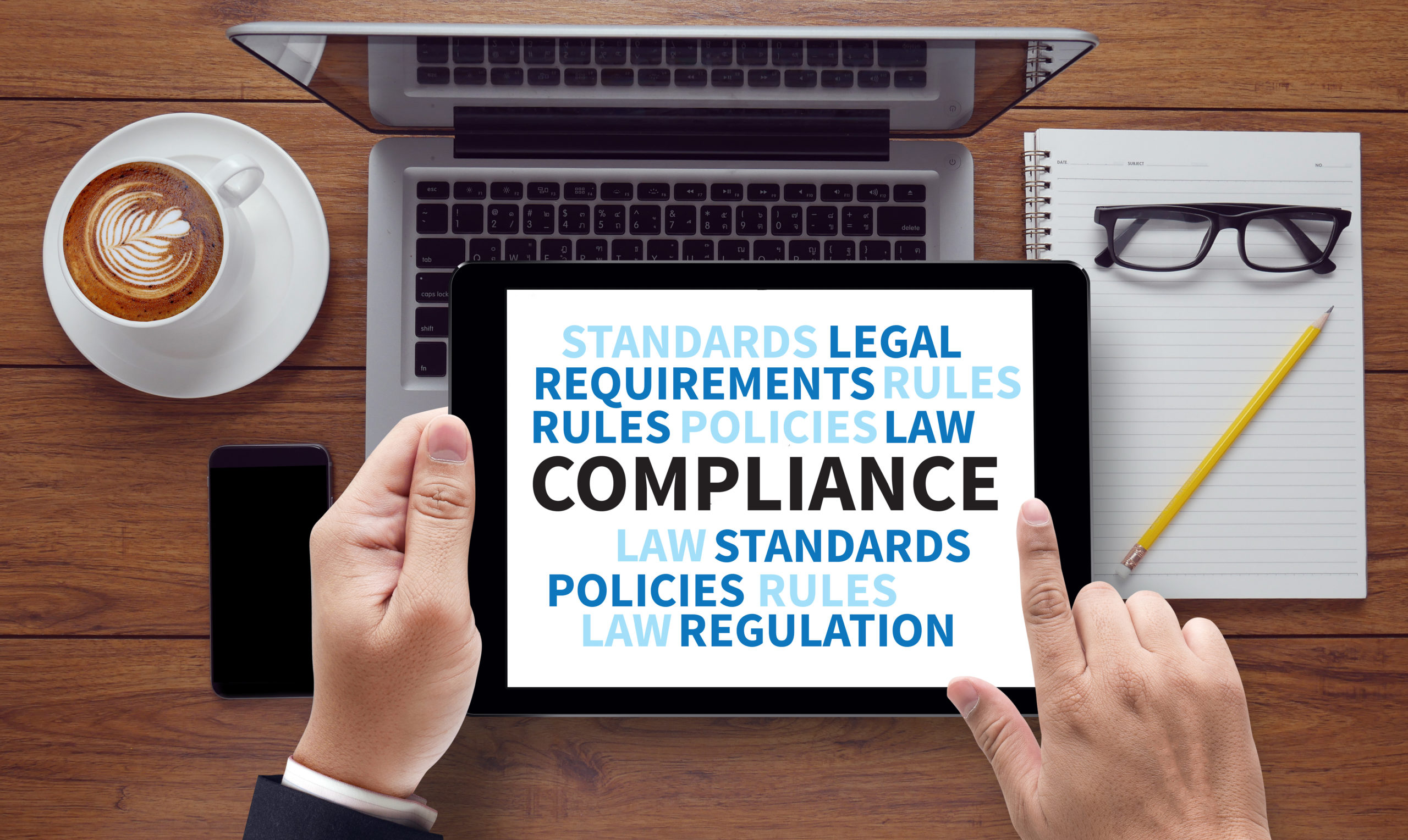Compliance Alert: Significant Benefits Issues in New COVID-19 Relief Legislation
January 22, 2021
The recently passed COVID-19 relief legislation contains some important benefits-related provisions. In response to challenges facing employees due to the COVID-19 pandemic, previous legislation and regulatory guidance had provided significant flexibility regarding reimbursements and election changes for Section 125 Cafeteria plans, HFSAs, and Section 129 DCAPs. The latest COVID-19 legislation gives employers the option to offer even more flexibility to HFSA and DCAP plan participants.
Additional Section 125 and 129 Reimbursement and Election Change Flexibility
Note that none of these changes are required. Employers have the option to implement some or all the flexibility provided or could chose not to change their plans at all.
Carryovers Allowed for HFSA and DCAP
For plan years ending in 2020 or 2021, an employer may allow participants to carry over unused HFSA or DCAP balances to the next plan year. Previously, no carryover was allowed for DCAPs and an HFSA could allow a carryover of only up to $550. Under these new rules, the participant may be allowed to carry over their entire unused balance.
Extended Grace Periods Allowed
An employer may implement a HFSA or DCAP grace period of up to 12 months for plan years ending in 2020 or 2021. Current rules allow a grace period of only up to 2 ½ months.
Election Changes
Similar to rules issued earlier this year (that applied to election changes made during 2020), employers may now allow employees to make prospective changes to an HFSA or DCAP election for any plan years ending in 2021, even if the employee has not experienced a recognized election change event. This would include prospectively reducing an existing election to $0.
Special Rule for DCAP Participants with Dependents Who Age Out
Typically, a DCAP can only be used to reimburse expenses related to dependents who have not attained the age of 13. The legislation contains a temporary rule that allows a plan to reimburse expenses for dependents who have not attained age 14 under the following circumstances:
- The employee elected to participate in a DCAP plan that had a regular enrollment period on or before January 31, 2020 (e.g., plan years that began 1/1/2020); and
- A dependent child reached the age 13 during that plan year or the next plan year if there are unused expenses that are carried over.
HFSA Post Termination Reimbursements
An employer may reimburse HFSA expenses incurred though the end of the plan year that are submitted by an employee who terminates from the plan during calendar year 2020 and 2021.
Plan Amendments
Plans may be amended retroactively to implement any or all of these provisions. The plan amendment must be made no later than the last day of the first calendar year beginning after the end of the plan year in which the amendment is effective. For example, for changes made to plan with a plan year ending 12/31/2020, the amendment must be made by 12/31/2021.
Summary and Administrative and Operational Considerations
While the additional flexibility will be a welcome change for employees, it does create significant administrative challenges for employers. Most participants have already made their elections for plan years beginning 1/1/21. Implementing these changes could cause an employee to want to make changes to recently made elections. Effectively communicating these changes to employees at the last minute will also be a challenge for employers. These changes are not automatic, so employers need to engage the vendors they use for plan administration to coordinate any plan changes they wish to make.
While every effort has been taken in compiling this information to ensure that its contents are totally accurate, neither the publisher nor the author can accept liability for any inaccuracies or changed circumstances of any information herein or for the consequences of any reliance placed upon it. This publication is distributed on the understanding that the publisher is not engaged in rendering legal, accounting or other professional advice or services. Readers should always seek professional advice before entering into any commitments.


